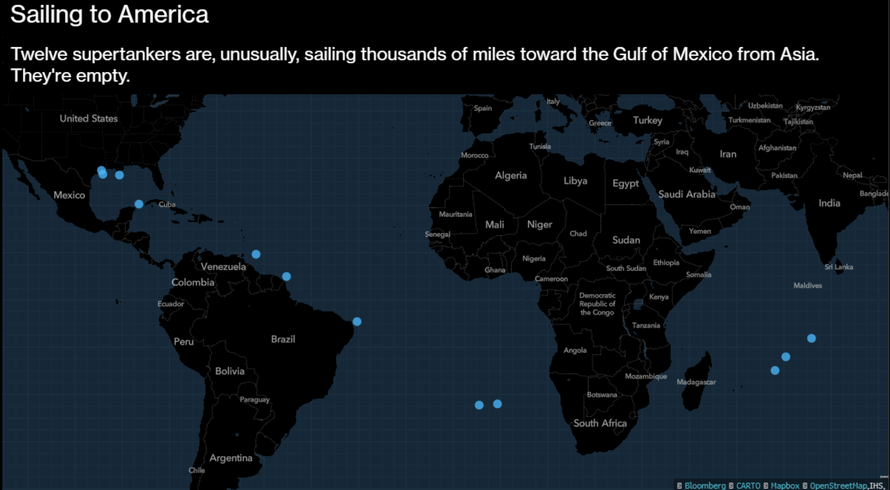The EIA just published one of the “weakest” weekly oil reports in years, which suggests troubled waters ahead for the global oil market.
The timing of the report is not ideal, coming amidst a currency crisis in Turkey, which has raised fears of financial contagion in other emerging markets. The strength of the dollar is putting a long list of currencies under pressure, vexing policymakers around the world. Some countries, such as Argentina, are aggressively hiking interest rates to defend their currencies (although the peso continues to fall). Others, such as Turkey, are resisting any rate hikes at all, which is clearly not a solution to capital flight and a sharp devaluation.
It is too early to tell whether or not the sudden crisis will be confined to Turkey or if it will mushroom into an emerging market conflagration that sends emerging markets – and perhaps even the global economy as a whole – into a tailspin.
These currency troubles could severely undercut global oil demand. Not only are crude oil prices close to multi-year highs, but the strength of the dollar and the relative weakness of a variety of currencies in the developing world, combine for a toxic brew to demand. Oil prices are up some 6 or 7 percent on the year, but in Turkey, imported oil is now 60 percent more expensive – the result of the meltdown in the lira.
While the specific percentages might vary from country to country, much of the world is experiencing painful increases in fuel because so many currencies are being trampled by the strength of the dollar.
The early signs of trouble to the oil market are starting to materialize. The EIA’s weekly report showed a massive 6.8-million-barrel increase in crude oil inventories.
…click on the above link to read the rest of the article…









